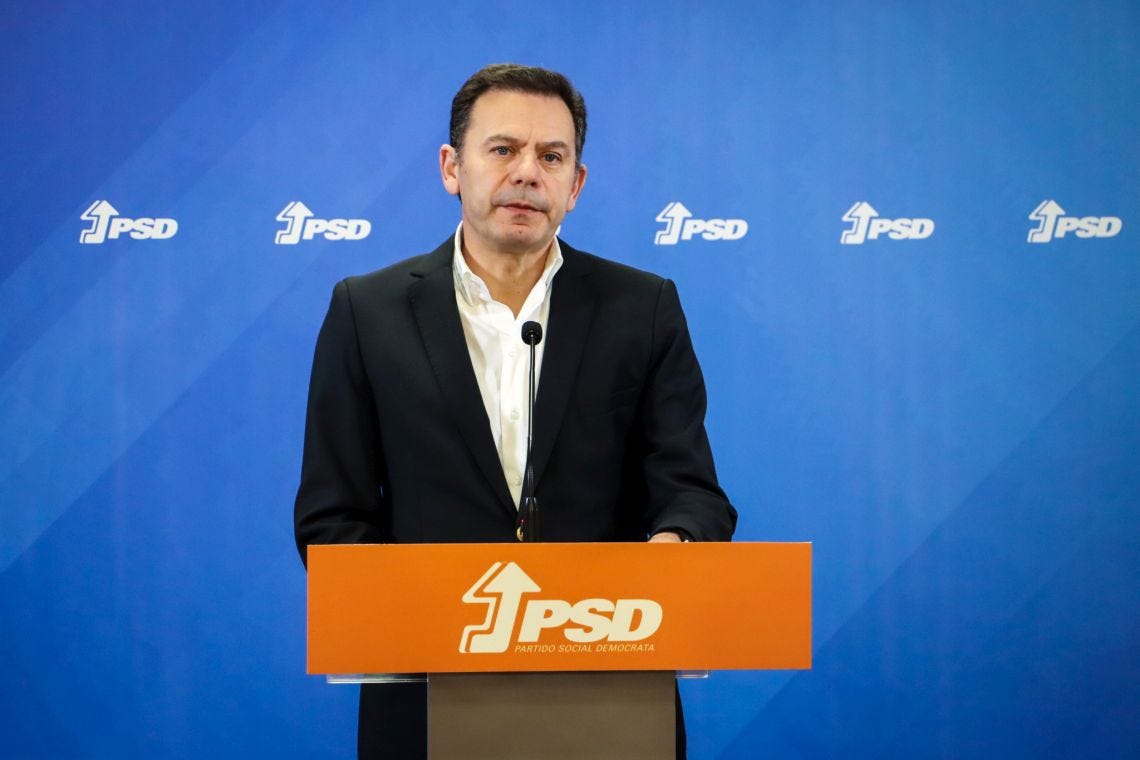Poll: Voters want government without pacts with other parties
When asked which policy areas the new government should focus on, 67.7% of respondents chose health as their top priority.

A majority of Portuguese citizens believe that Prime Minister Luís Montenegro should govern without entering a formal agreement with other parties, according to a new Intercampus poll conducted for Jornal de Negócios, Correio da Manhã, and CMTV.
The June survey, released Wednesday, found that 58.4% of respondents support a minority government led by the Democratic Alliance (AD).
The fieldwork took place between June 5 and 14, after the government lineup had been announced, including the creation of a new Ministry for State Reform, but before the government’s official program had been presented.
If a formal agreement were to be made, 39.8% of respondents say the government should have prioritized a pact with the far-right Chega party, while 22.1% would have preferred an agreement with the Socialist Party (PS).
Top Priorities
When asked which policy areas the new government should focus on, 67.7% of respondents chose health as their top priority.
Housing (46.4%) and immigration (38.3%) followed, while the economy (16.1%), justice (14.9%), and education (12%) ranked significantly lower.
More than half of respondents (58.9%) believe the new government will perform no better than the previous one.
Additionally, while 74.7% said they expected Chega to perform worse in the May 18 elections, around 52% admitted they were not surprised by the party’s strong result, an indication of its growing normalization in Portuguese politics.
Indeed, 80% of respondents said they personally know someone who voted for Chega, a data point the pollsters say suggests the party has become “firmly embedded in daily life.”
Little change in voting intentions
The poll also shows little shift in voting intentions since the legislative elections.
When undecided voters are excluded, 27% of respondents say they would vote for the AD.
Chega and the PS remain in close competition for second place, with the PS holding a slight edge.
The Liberal Initiative (IL), currently preparing to elect a new leader, garners 7.6%, followed by Livre at 6.7%.
PAN polls at 3.5%, ahead of the CDU (3.1%) and the Left Bloc (BE), which drops to just 1.6%.
None of the party leaders scored a positive average rating on a scale from 1 (very negative) to 5 (very positive).
Prime Minister Luís Montenegro and Livre’s Rui Tavares received the highest marks, both at 2.9, followed by IL’s outgoing leader Rui Rocha at 2.8.
BE’s Mariana Mortágua and PS’s Pedro Nuno Santos recorded the sharpest declines in public perception.
Poll Methodology
The Intercampus poll surveyed 616 people via telephone across mainland Portugal.
The sample was stratified by gender, age, and region, and carries a margin of error of ±4% at a 95% confidence level. The response rate was 57.6%.
This latest barometer offers early insight into public sentiment just weeks after the May 18 snap elections, in which the AD secured 33.1% of the vote and 91 parliamentary seats.
Chega surged to second place with 60 deputies, narrowly surpassing the PS.



